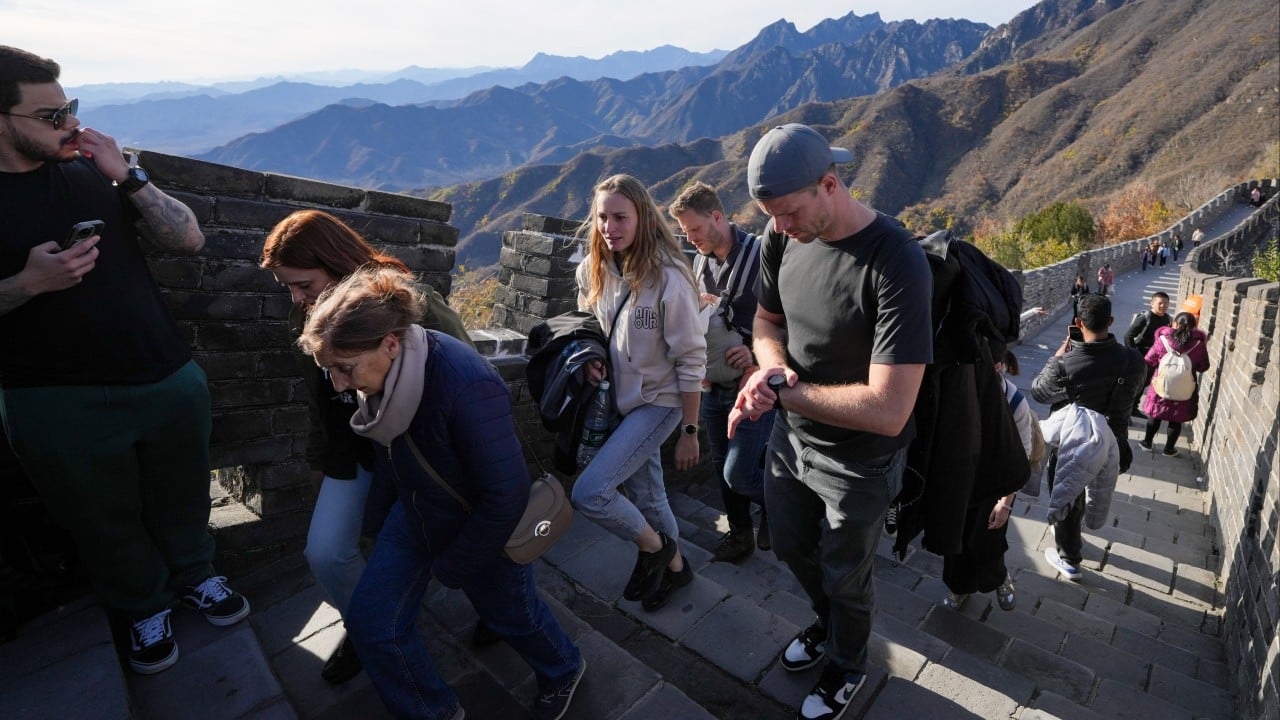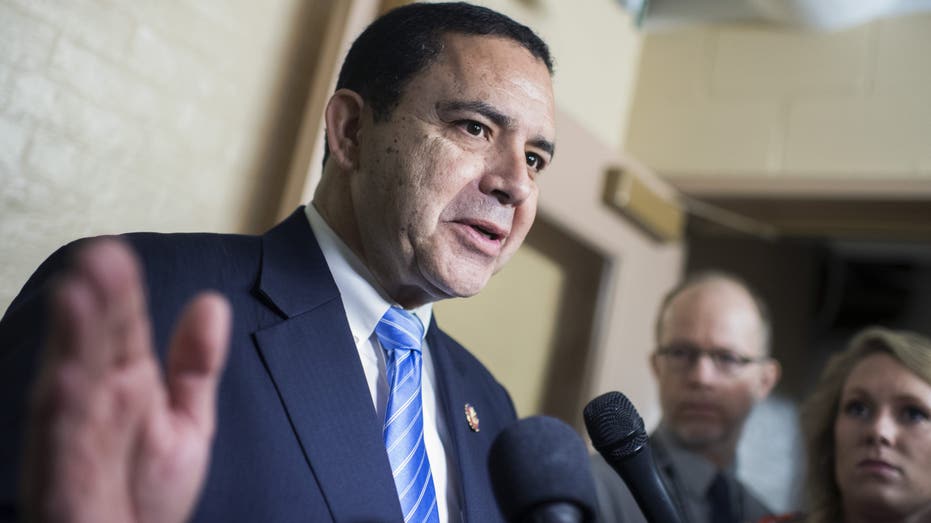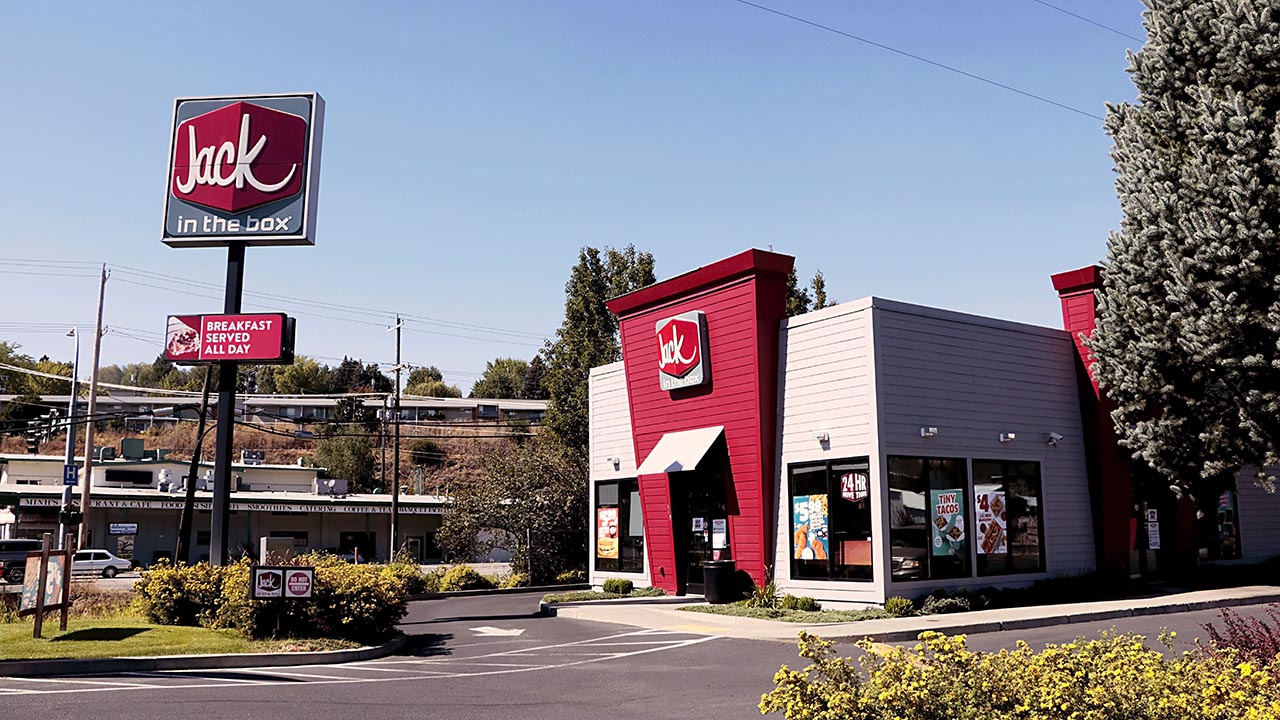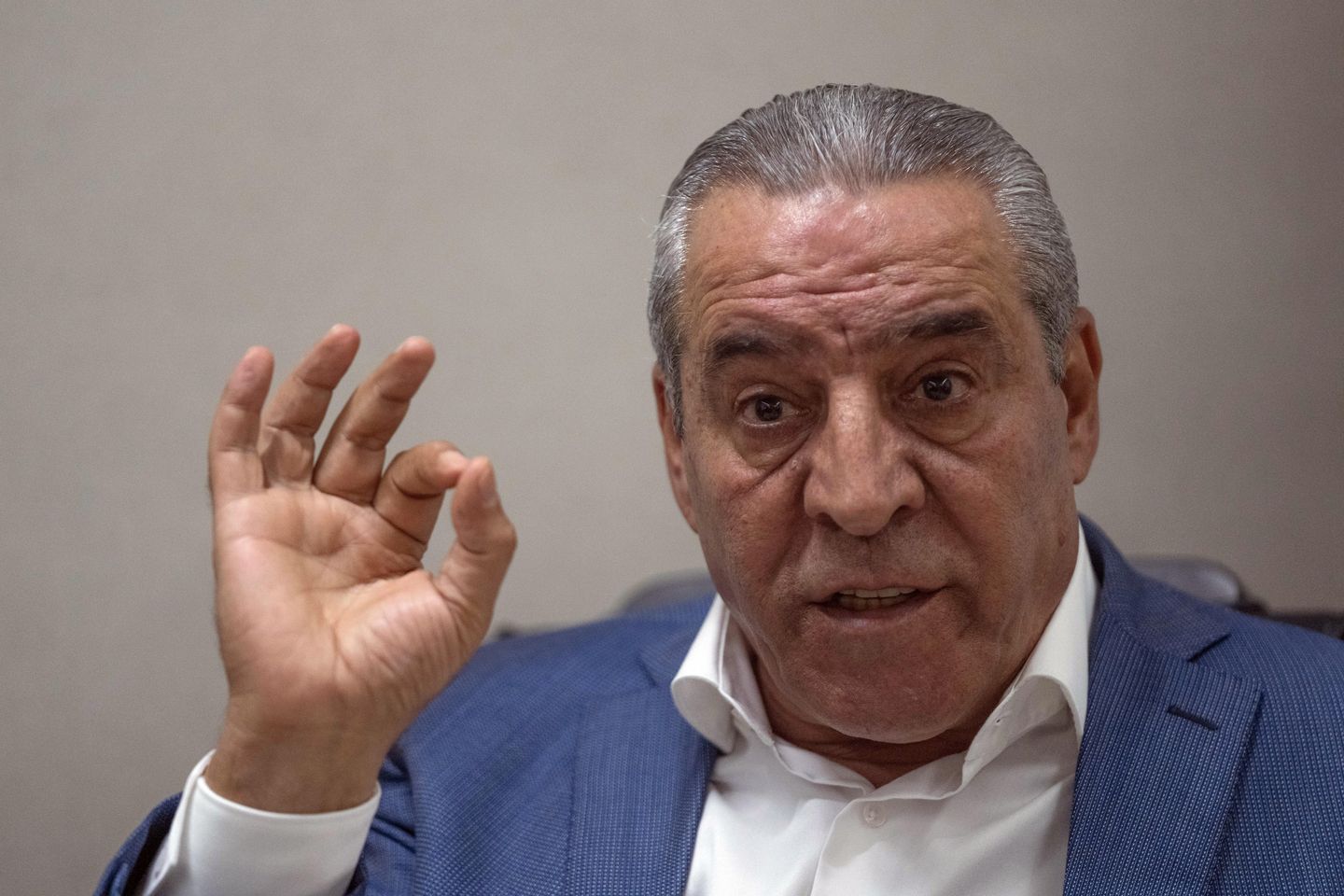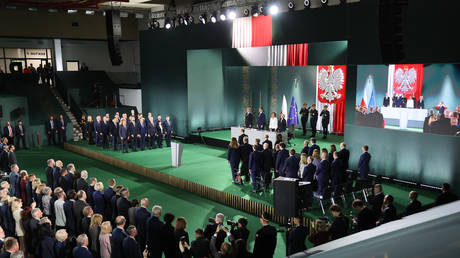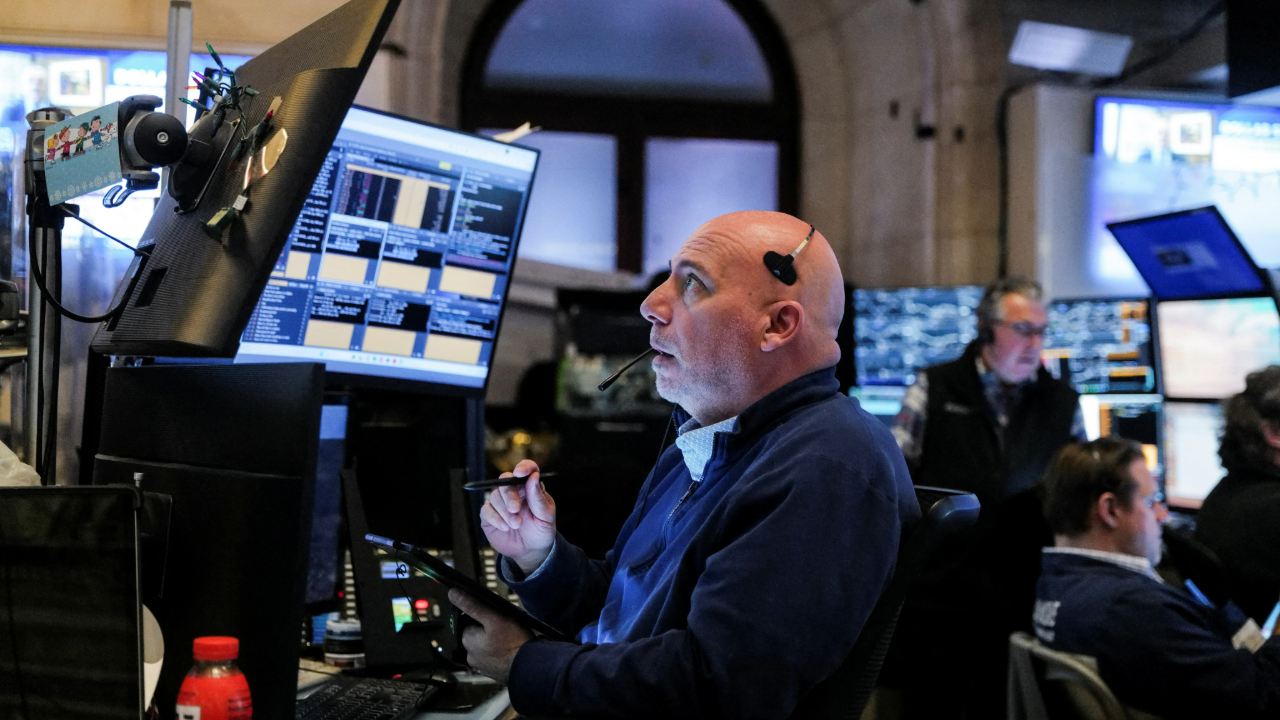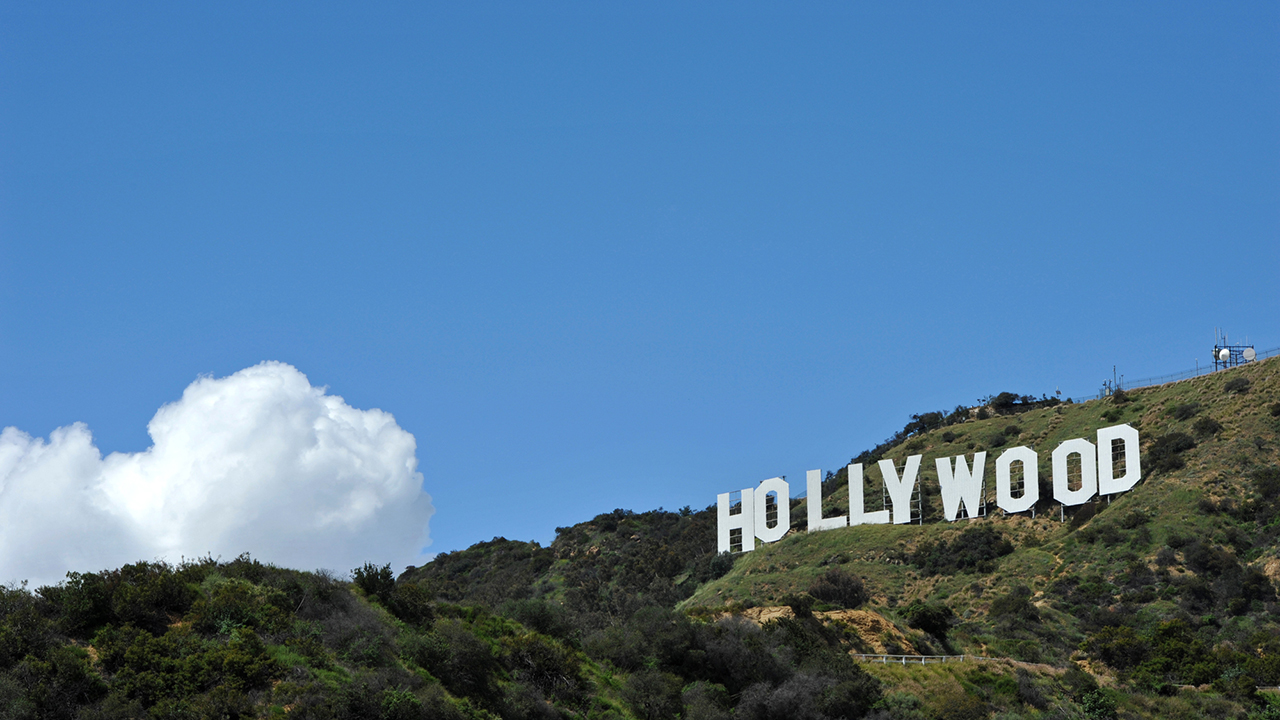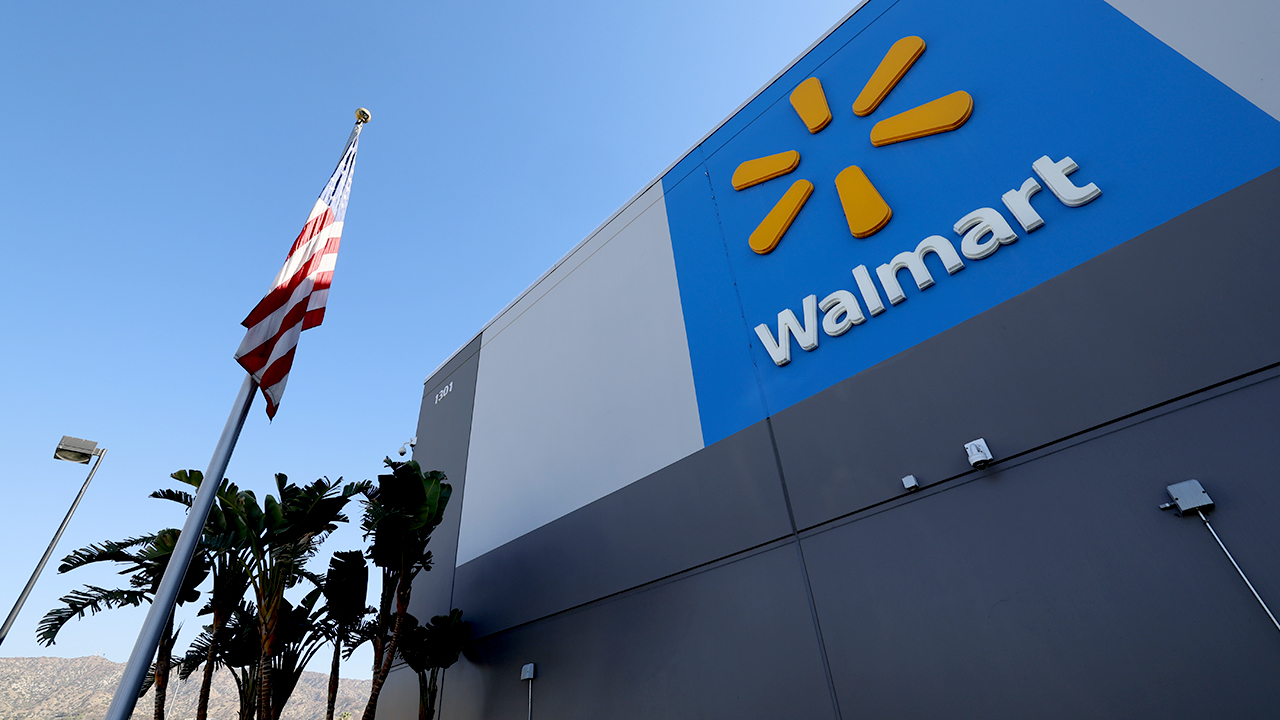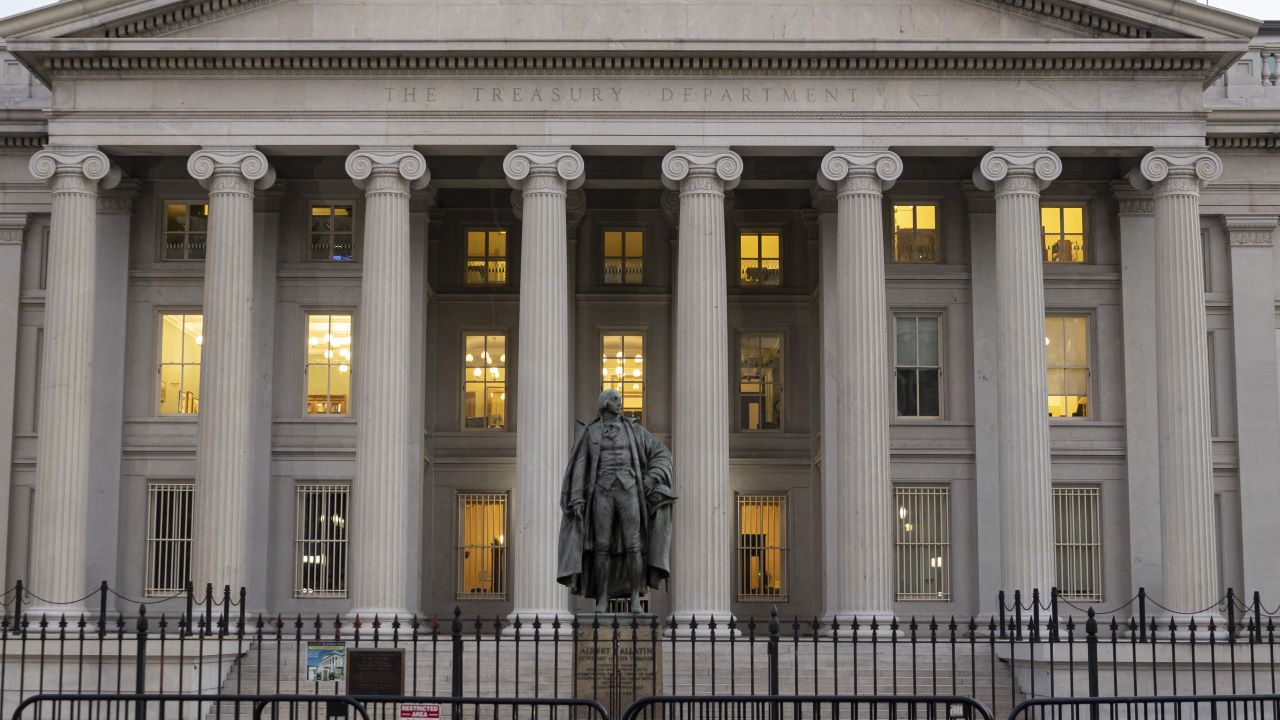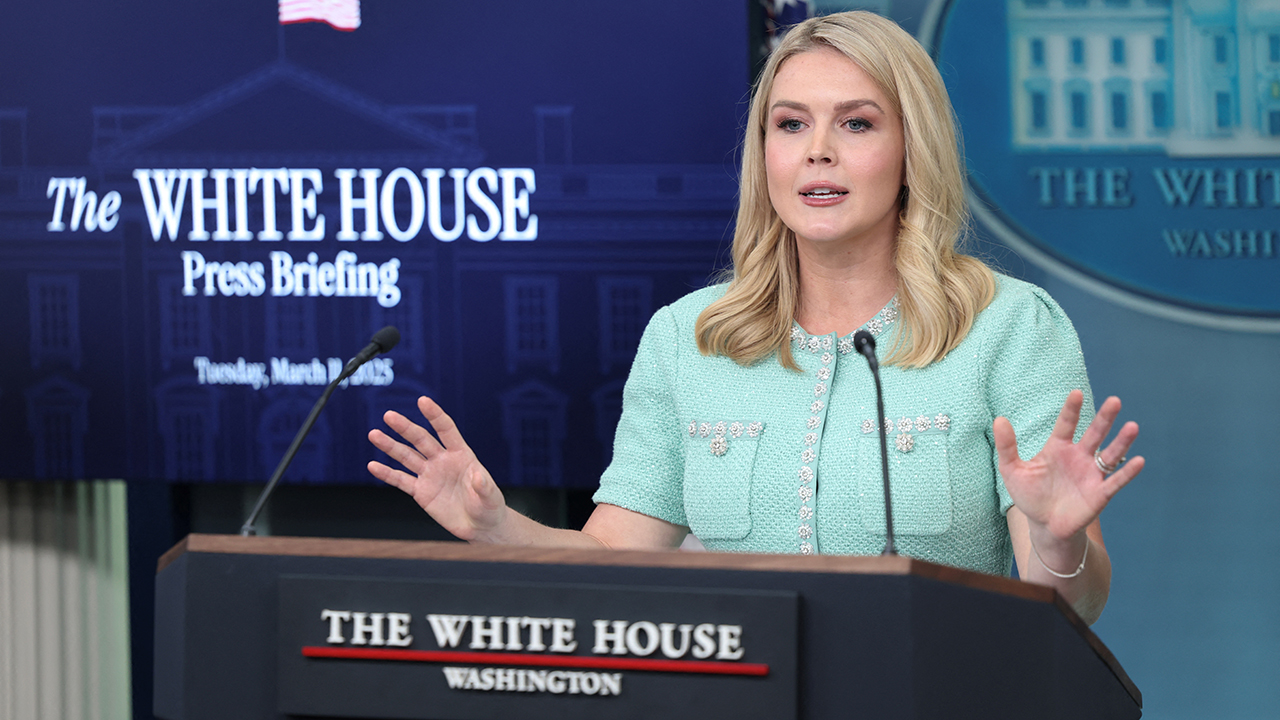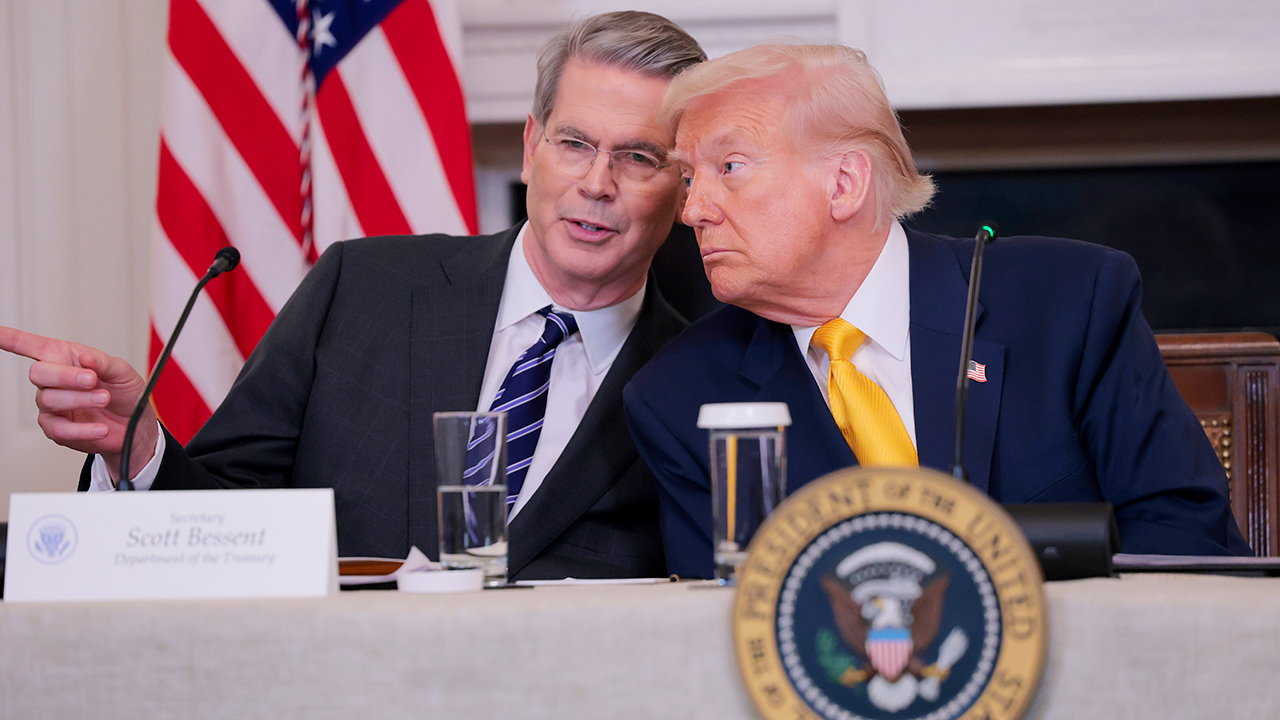Trump calls for free passage of US ships through Panama, Suez canals: 'Would not exist without the USA'
Trump demands U.S. ships travel free through Panama and Suez canals, citing America's role in building and protecting the world's key shipping routes.
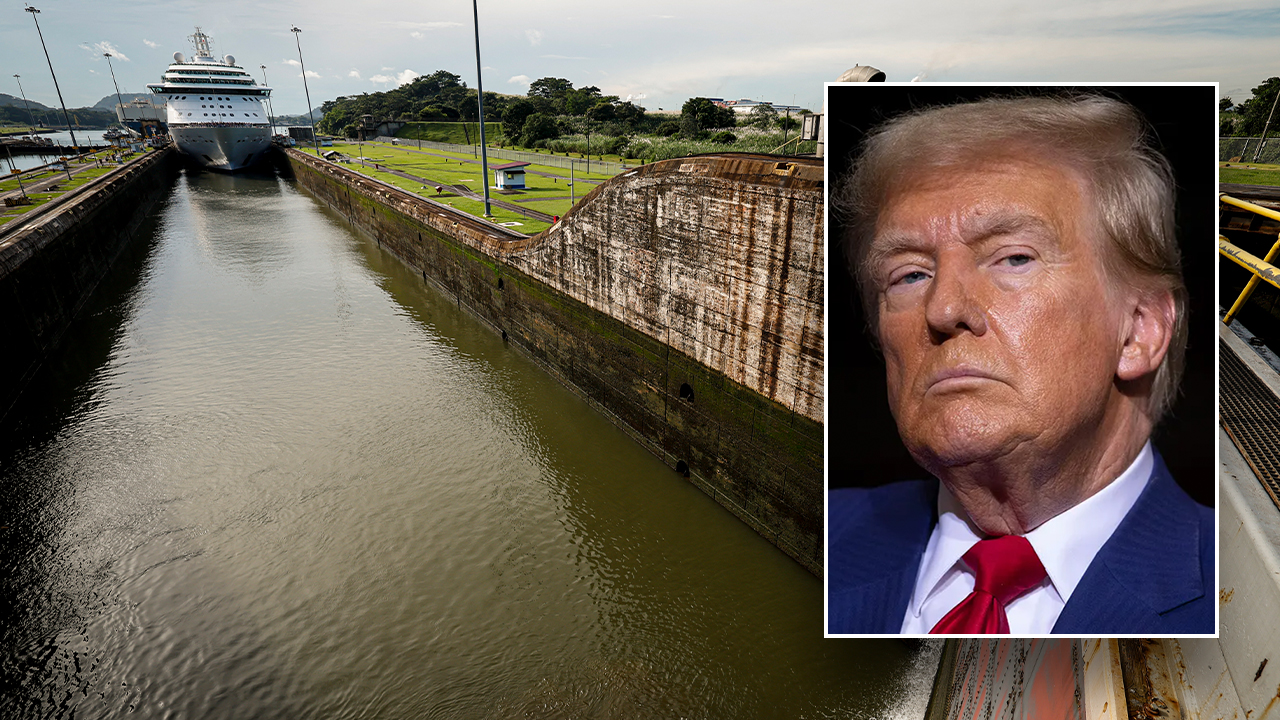
President Donald Trump is making the bottom-line case for free U.S. access to two of the world’s most vital shipping lanes — a move that could save American companies hundreds of millions of dollars a year.
Posting on Truth Social Saturday, Trump declared, "American Ships, both Military and Commercial, should be allowed to travel, free of charge, through the Panama and Suez Canals! Those Canals would not exist without the United States of America."
"I’ve asked Secretary of State Marco Rubio to immediately take care of, and memorialize, this situation!"
The Panama Canal alone handles roughly 14,000 transits per year, according to the Panama Canal Authority.
BLACKROCK INKS $23B DEAL FOR PANAMA CANAL PORTS
In fiscal year 2023, it generated approximately $3.3 billion in toll revenues, with U.S. vessels making up about 70% of total canal traffic, according to U.S. Department of Transportation data.
American shippers — including companies like Maersk (U.S. branch), MSC, and major energy exporters — are some of the canal's biggest customers.
TRUMP FLOATS IDEA OF US RECLAIMING PANAMA CANAL
On average, it costs a commercial vessel anywhere from $200,000 to $450,000 to cross the Panama Canal, depending on ship size and cargo, based on canal authority pricing schedules. In some cases — like liquefied natural gas carriers — tolls can reach over $500,000 per transit.
The Suez Canal, meanwhile, charges similarly steep rates. Egypt’s Suez Canal Authority reported $9.4 billion in revenues in 2023, an all-time high, heavily fueled by U.S. and European shipping amid Red Sea disruptions.
In early 2025, following a wave of Houthi drone and missile attacks on Red Sea shipping lanes, Trump authorized a sustained firebombing campaign targeting Houthi missile sites, radar installations, and drone launch platforms across northern Yemen.
U.S. air and naval forces have carried out dozens of precision strikes to neutralize Houthi capabilities, with Pentagon officials stating the goal is to "permanently restore freedom of navigation" for commercial shipping heading toward the Suez Canal.
Trump has framed the strikes as part of a broader effort to push back against Iranian influence across the region.
In Central America, Trump's push for free passage comes as his administration moves to shore up security around the Panama Canal against Chinese influence.
On April 9, Defense Secretary Pete Hegseth announced an expanded U.S.-Panama partnership to secure the canal and signed a memorandum of understanding that includes a plan for U.S. warships and support vessels to move "first and free" through the waterway.
"The Panama Canal is key terrain that must be secured by Panama, with America, and not China," Hegseth said at a press conference in Panama City.
American commercial shipping interests have long depended on the Panama Canal, which cuts nearly 8,000 miles off the shipping route between the U.S. East Coast and Asia. About 40% of all U.S. container traffic uses the canal each year, according to the U.S. Maritime Administration.
Historically, the U.S. built and controlled the Panama Canal after a monumental construction effort led by President Theodore Roosevelt in the early 20th century. Following Panama’s independence, and backed by U.S. military support in 1903, the U.S. secured the rights to construct and operate the canal under the Hay-Bunau-Varilla Treaty.
The canal opened in 1914, becoming a major symbol of American economic and technological strength. U.S. control ended in 1999 under the Torrijos-Carter Treaties, but the waterway remains essential to American trade flows.
In addition to military and strategic implications, Trump’s proposal could deliver direct financial benefits to U.S. companies, particularly in the energy, agriculture and manufacturing sectors that rely heavily on maritime exports and imports.
It remains to be seen whether Secretary of State Marco Rubio will pursue Trump’s directive through diplomacy, economic pressure, or future agreements with Panama and Egypt.
What's Your Reaction?







